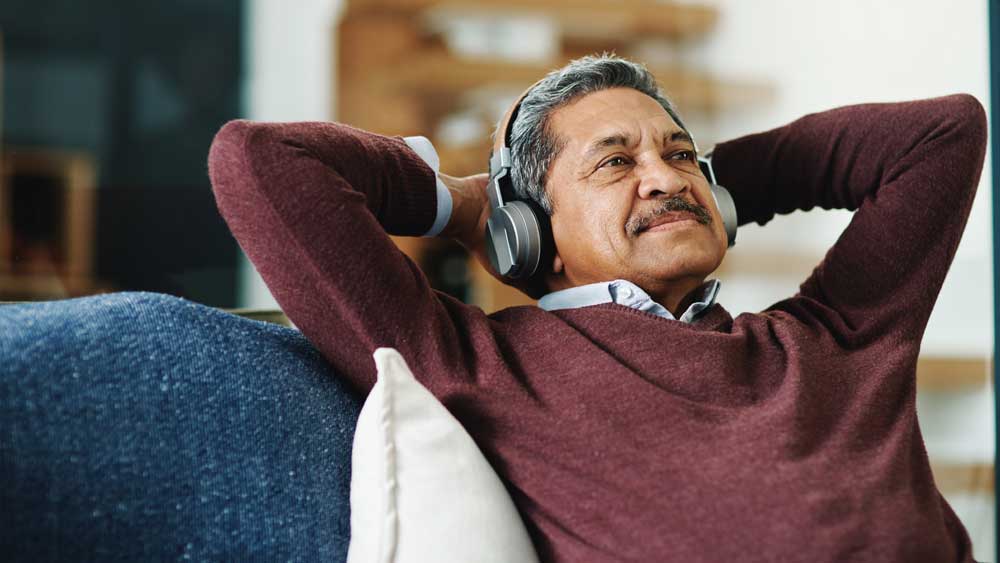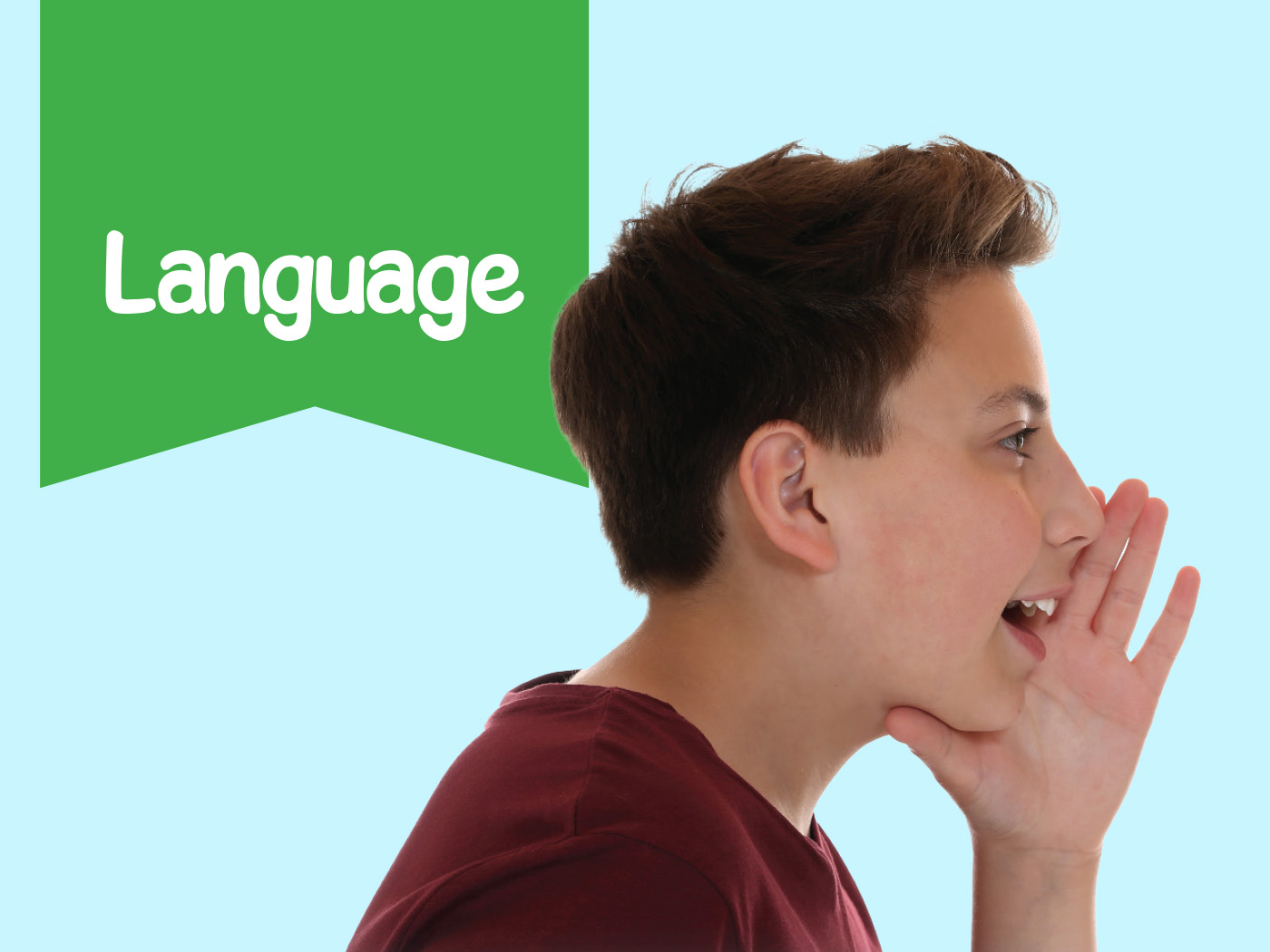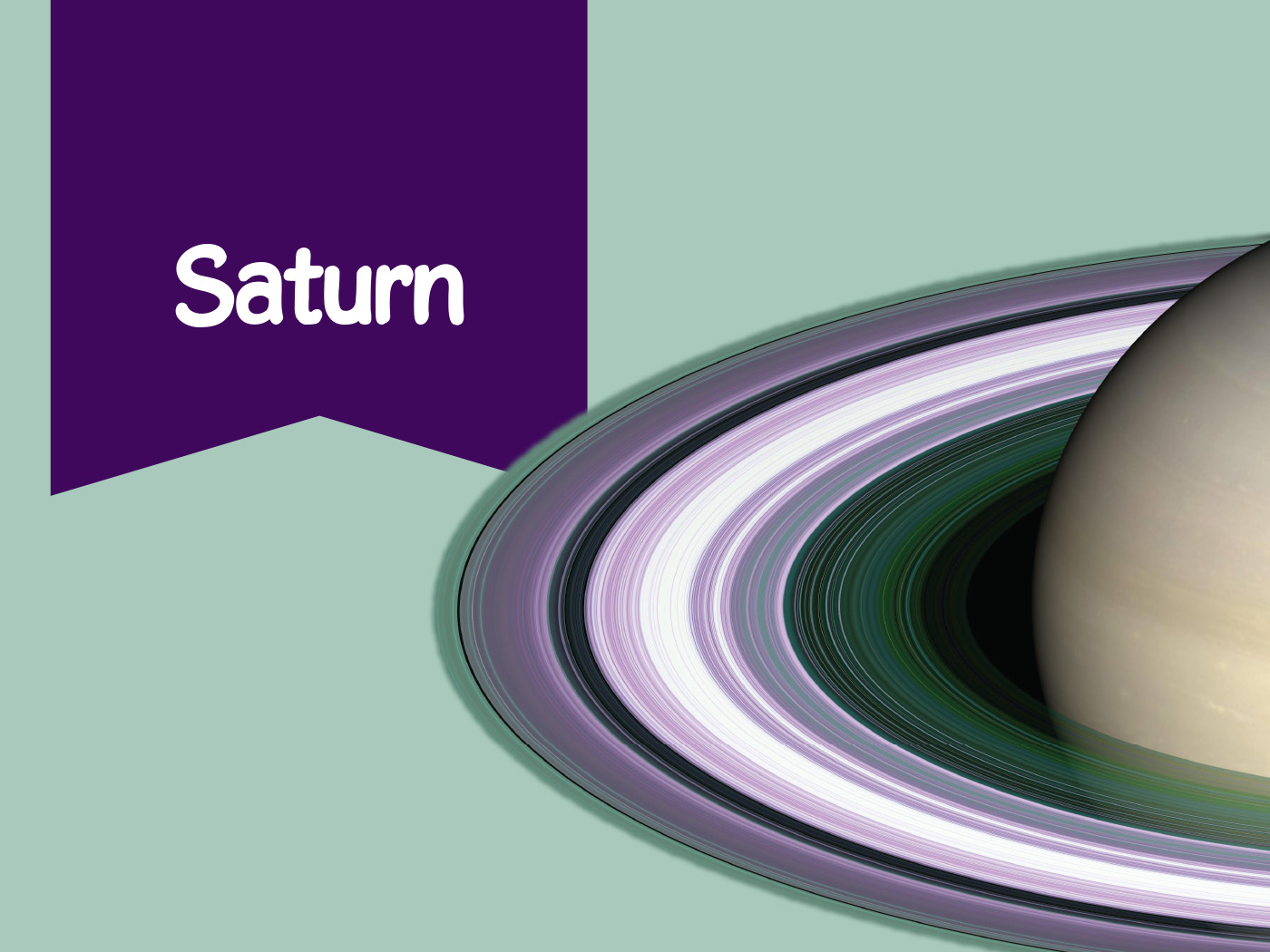Throughout history and up to today, every part of the world includes some form of music in its culture. The ability to make music is part of what it means to be human.
However, recent research has uncovered that music has an even stronger effect on us than we ever thought possible.
This month, ScienceDaily published the results of a study performed by the American College of Cardiology.1 The study explored the effects of music on victims of heart attacks and early post-infarction angina.
Participants were randomly divided into two groups. The first group underwent standard treatment with the typical medications used for the heart issues. The second group also received standard treatment, plus they were assigned 30 minutes of music-listening each day. The two groups proceeded with their respective protocols for seven years.
The results were astounding. “The patients with music therapy, on average, had anxiety scores one-third lower than those on standard treatment and reported lower angina symptoms by about one-quarter.” Anxiety causes increased wear on the heart by driving up heart rate and blood pressure, among other things.2 This is especially bad news for those trying to recover from heart issues.
In addition, the ACC continues, the risk of further complications dropped significantly for the music group compared with the group receiving only standard treatment:
These patients also had significantly lower rates of certain heart conditions, including an 18% reduction in the rate of heart failure; 23% lower rate of subsequent heart attack; 20% lower rate of needing coronary artery bypass graft surgery; and 16% lower rate of cardiac death.
Heart patients are not the only ones to benefit from similar musical treatment. Several years ago, Harvard published an article that walks through the effect of music on a number of different issues.3 One that stands out is the impact on stroke patients. The article freely admits that music is not a wholesale solution for such a large and complex health issue, but there is compelling evidence to indicate that music could help in the recovery process to some degree.
The writers cite a 2008 study in which 60 major stroke patients were randomly divided into three groups. In addition to regular stroke treatment protocols, one group spent one hour each day listening to music; the second group listened to audiobooks; and the third listened to nothing.
At the end of three months, the group who listened to music had improved by 60% in verbal memory. This was more than twice the improvement in the non-listening group, and more than three times the improvement of the audiobook group. Additionally, the music group improved by 17% in "focused attention" (defined as "ability to perform and control mental operations") while the other two groups demonstrated zero percent growth in this area.
Many other studies have given us a glimpse into how much music affects the human mind and body. However, all of this is likely just the tip of the iceberg. Much more study is needed to fully understand the implications of music on various areas of human life. For example, many experts argue that the type of music has an enormous impact on the results. Others express the desire to explore how music affects more subjective things, such as work ethic and personality.
Regardless, it's clear that God has designed humans to be powerfully impacted by music. This flies in the face of the evolutionary worldview. Those holding to the theory of evolution are left without a reasonable explanation as to how we "evolved" to make music at all—let alone why we're so deeply affected by it.
As believers, we know that it's because a beautiful, creative God has placed music in our lives as a gift to those made in His image.
References
1. Staff Writer. Music as medicine? 30 minutes a day shows benefits after heart attack. ScienceDaily. Posted on sciencedaily.com March 18, 2020, accessed April 13, 2020. https://www.sciencedaily.com/releases/20
20/03/200318104453.htm
2. McCann, U. Anxiety and Heart Disease. Johns Hopkins Medicine. Posted on hopkinsmedicine.org, accessed April 13, 2020.
3. Staff Writer. Music and Health. Harvard Health Publishing: Harvard Medical School. Posted on health.harvard.edu July 2011, accessed April 13, 2020.
*Lauren Pennington is Volunteer Coordinator at the ICR Discovery Center for Science & Earth History.
















